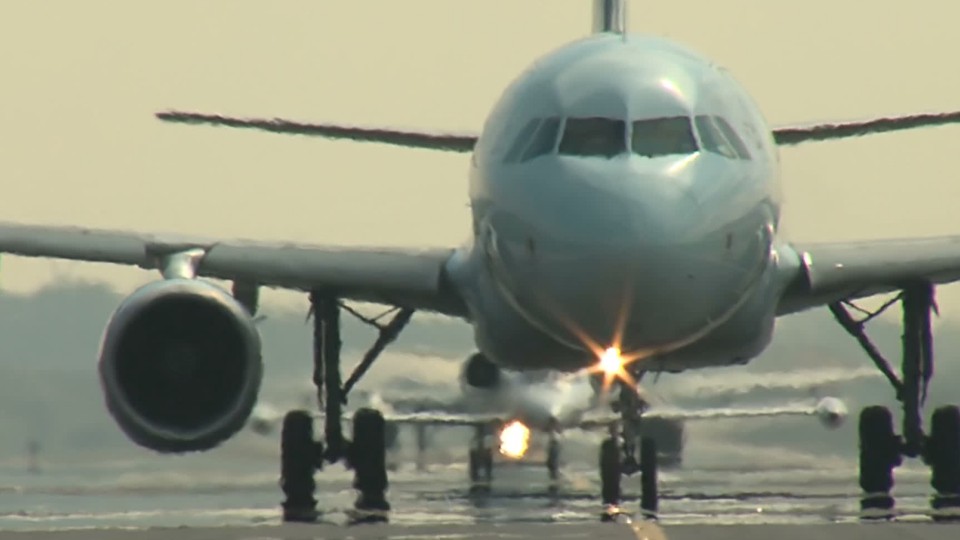Aircraft Mechanics & Service Technicians
Aircraft Maintenance Technician (Aircraft Maintenance Tech), Aircraft Mechanic, Aircraft Technician (Aircraft Tech), Airframe and Powerplant Mechanic (A and P Mechanic)
What they do:
Diagnose, adjust, repair, or overhaul aircraft engines and assemblies, such as hydraulic and pneumatic systems.
On the job, you would:
- Inspect completed work to certify that maintenance meets standards and that aircraft are ready for operation.
- Read and interpret maintenance manuals, service bulletins, and other specifications to determine the feasibility and method of repairing or replacing malfunctioning or damaged components.
- Maintain repair logs, documenting all preventive and corrective aircraft maintenance.
Knowledge
Engineering and Technology
- mechanical
- product and service development
Safety and Government
- public safety and security
Arts and Humanities
- English language
Transportation
- movement of people or goods by air, rail, sea, or road
Skills
Basic Skills
- reading work related information
- thinking about the pros and cons of different ways to solve a problem
Problem Solving
- noticing a problem and figuring out the best way to solve it
Technical
- planning and doing the basic maintenance on equipment
- repairing machines or systems using the right tools
Abilities
Hand and Finger Use
- hold or move items with your hands
- put together small parts with your fingers
Verbal
- read and understand what is written
- communicate by speaking
Ideas and Logic
- notice when problems happen
- order or arrange things
Controlled Movement
- quickly change the controls of a machine, car, truck or boat
Personality
People interested in this work like activities that include practical, hands-on problems and solutions.
They do well at jobs that need:
- Cautiousness
- Integrity
- Attention to Detail
- Dependability
- Stress Tolerance
- Perseverance
Technology
You might use software like this on the job:
Enterprise resource planning ERP software
- SAP software
- Tracware AeroTrac
Presentation software
- Microsoft PowerPoint
Facilities management software
- Maintenance planning software
- Maintenance record software
Education
Education: (rated 3 of 5)
certificate after high school or
associate's degree
usually needed
associate's degree
usually needed
Job Outlook
Average
New job opportunities are likely in the future.
Explore More
- Aerospace Engineering & Operations Technologists & Technicians
- Aircraft Service Attendants
- Aircraft Structure, Surfaces, Rigging, & Systems Assemblers
- Avionics Technicians
- Engine & Other Machine Assemblers
You might like a career in one of these industries:
See more details at O*NET OnLine about Aircraft Mechanics & Service Technicians.





